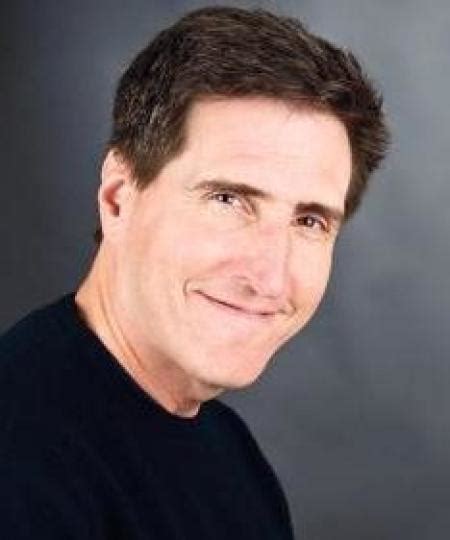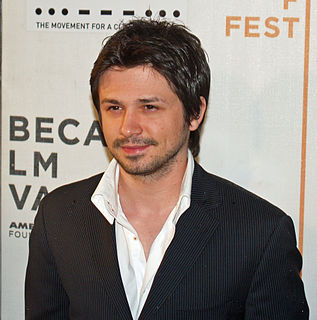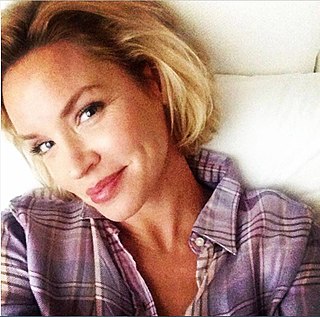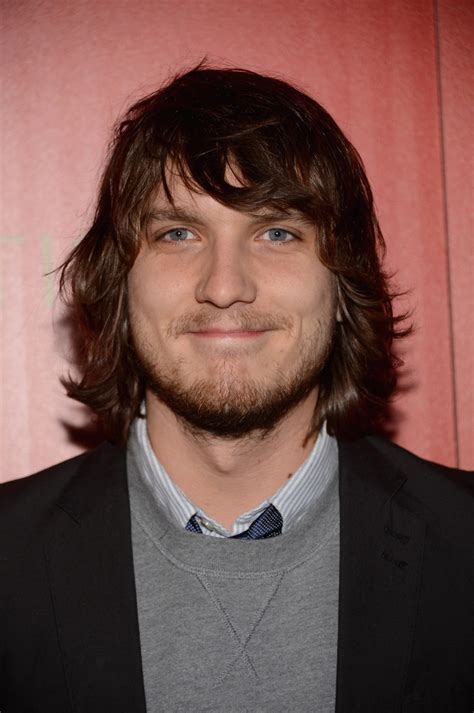A Quote by William H. Macy
I'm not much of a preparer. I think sometimes as an actor you need to go out and learn some skills, but in terms of preparation for understanding the character, it's all on the page, and if it's not on the page, you're in trouble.
Related Quotes
I work sometimes from outlines, which are immediately abandoned. Sometimes, when I'm trying to find the characters, I'll sketch things out a bit. Sometimes, outlines help me aim a little bit, but I tend to find it's usually much more interesting, especially with the first draft, to spew it onto the page. I used to get very nervous that, if I write this first rough draft and I die that night, whoever finds it might think that I thought it was good. For me, it's much more important to get some general shape onto the page and later take all the time I need to refine it, fix it, and rewrite it.
If it bothers me on the page, I don't do it. If it attracts me on the page and moves me, makes me think a bit, makes me laugh, makes me cry, I'm interested in it. If it's there on the page, it means it's there and up to me to bring it out. I have done some films along the way that have been screwed up and not as good as they read. Some films that are not that good on the page turn into good movies. So I'm fallible is what I'm saying.
Cartooning is completely different from other media: it is closely related to film and prose, other narrative forms, but the skills needed to realize a story are very different, and include not only drawing and writing dialogue and narration, but graphic design and the ability to depict time passing visually. It's a whole suite of skills that has to go into making a comics page, skills that are quite distinct from those that go into writing a page of prose, or making a film.
In a 22-page comic, figuring an average of four to five panels a page and a couple of full-page shots, a writer has maybe a hundred panels at most to tell a story, so every panel he wastes conveying a.) something I already know, b.) something that's a cute gag but does nothing to reveal plot or character, or c.) something I don't need to know is a demonstration of lousy craft.




































